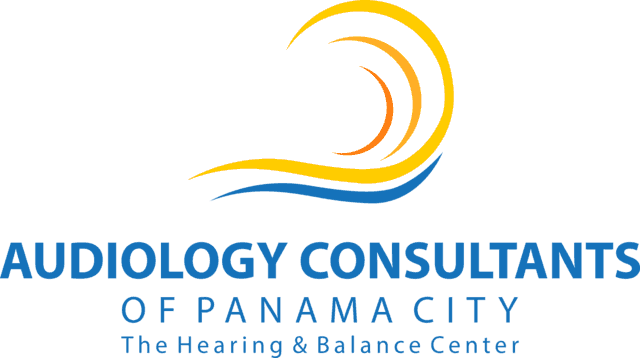- Using Hearing Aid Accessories for Enhanced Listening - May 6, 2025
- Practical Tips for Managing Daily Challenges With Tinnitus - April 8, 2025
- Signs Your Hearing Aid Battery Needs to Be Replaced - March 13, 2025
Meniere’s disease can be a mysterious condition, particularly for those who already have hearing loss or tinnitus. These two conditions are related to Meniere’s disease, but they can signal something much more complicated going on in the inner ear. In addition to hearing loss and ringing or other sounds in the ears, otherwise known as tinnitus, other symptoms of Meniere’s disease include pressure or pain in the ear and dizziness. Indeed, Meniere’s disease is a condition of the inner ear that affects hearing and balance. It can happen at any age, although it is most common among people in their 40s and 50s, and it can occur seemingly out of the blue. Let’s take this opportunity to learn more about Meniere’s disease, as well as the things you can do if you feel that you might be experiencing the condition.
What causes Meniere’s disease?
The list of factors that can trigger the onset of Meniere’s disease is quite extensive. Some causes have a direct one-to-one relationship, such as head trauma. When the fragile features of the inner ear are disrupted through a head injury, the equilibrium and hearing ability can be affected greatly. Ear infections, viral illnesses, and respiratory infections are other conditions that can cause a chain reaction leading to Meniere’s disease. Migraines can have a strong relationship with the risk of Meniere’s disease, as can some medications. In addition to these direct causes, there are other factors of personal history and lifestyle that can contribute to an onset of Meniere’s. Some of these include excessive alcohol consumption, smoking, stress, fatigue, and a family history of the disease.
What are the stages of Meniere’s disease?
One of the problems preventing diagnosis has to do with the nature of the condition through time. The early stage of Meniere’s usually includes a sudden episode of vertigo. This loss of balance can cause a person to sit down or even fall. Accompanying this episode can be a feeling of pressure or fullness in the ear, even leading to pain. Many experience tinnitus, as well, during this first phase. After the first phase, it might seem like the condition has gone away on its own. Dizziness particularly tends to go away during the middle stage of Meniere’s disease, though tinnitus and hearing loss may increase. After this period of remission, many people progress to a later stage in which balance issues return, if in a milder form. Many with late-stage Meniere’s disease find that dark lighting makes it difficult to balance.
What can be done to treat Meniere’s disease?
Treatments for Meniere’s disease take two main forms. Lifestyle changes can make a difference in these symptoms of Meniere’s, including cessation of smoking and excessive drinking. Stress management is an important feature of many health regimens, and many with Meniere’s find that balance returns when they resolve underlying stress issues they face. Dietary approaches to treating Meniere’s disease include reducing the intake of salt and caffeine. A generally healthy diet is encouraged, as well. In addition to these lifestyle changes, medical interventions can be pursued, as well. Injections of the antibiotic gentamycin can help with symptoms of dizziness. Injections of steroids can also help to reduce inflammation, which has been linked to hearing loss and tinnitus. Other treatments for advanced cases of Meniere’s disease include medications, diuretics, and even surgery to relieve the pressure in the inner ear.
If you are concerned that you or someone you love might have Meniere’s disease, it is important to seek medical attention right away. One dizzy spell might seem like it came out of the blue, and it might even go away as soon as it happened. However, the subsequent hearing loss and tinnitus can be signs that Meniere’s might be the underlying condition linking all these symptoms together. Particularly if pressure or pain in the ear is happening at the same time, you contact your doctor or healthcare provider right away. The sooner you communicate clearly with your caregivers about the possibility of Meniere’s disease, the better chance you stand at fighting it if it does indeed turn out to be the underlying cause of these symptoms.


